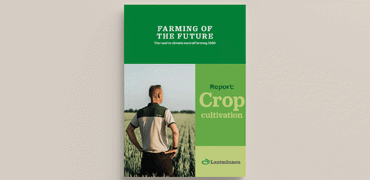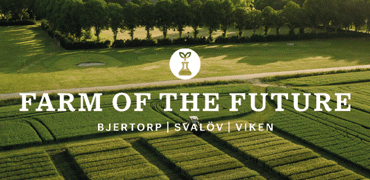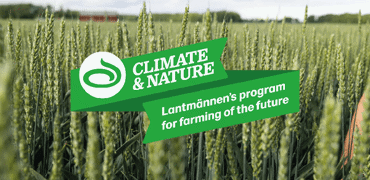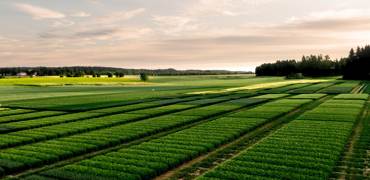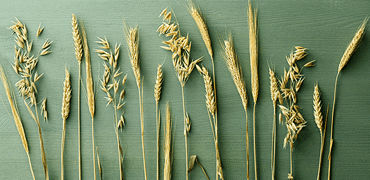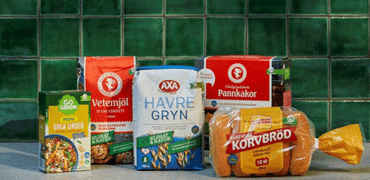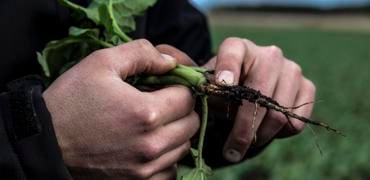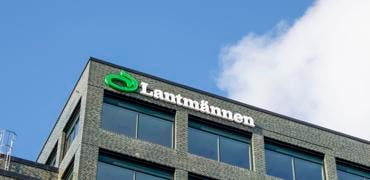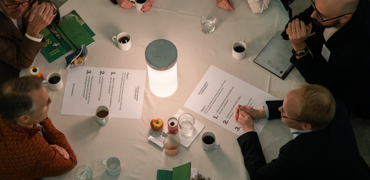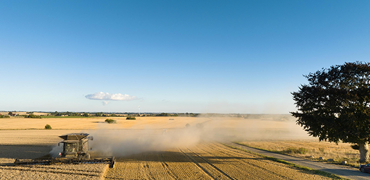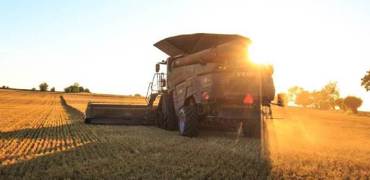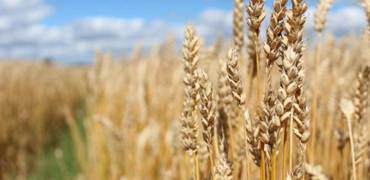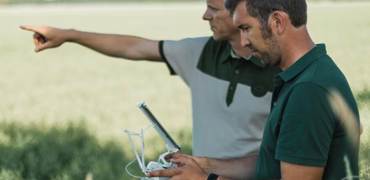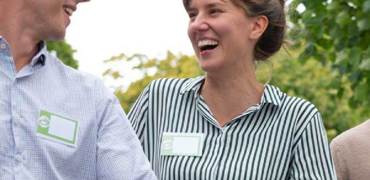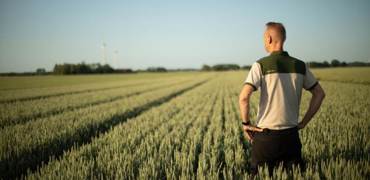By 2050, the scenario shows a possible reduction of 56 percent and increased potential for carbon sequestration in crop production. In addition, there is a potential to produce biogas from anaerobic digestion of manure, which contributes fossil-free energy. Overall, there is the potential for pig production to be an important part of a society with a net-zero impact on the climate until 2050. This can be achieved through industry cooperation, research and development, increased investment and political support for development.
The climate footprint of Swedish pigs is already relatively low from an international perspective and could be even lower, in line with Science Based Target's goals. Areas to focus on are improving feed through, among other things, plant breeding of feed crops and the use of by-products and amino acids. Pigs that are healthy are climate-efficient, and continuing to strengthen the work on health and animal welfare is of great importance.
Fossil-free inputs and investments in manure management and biogas are other important elements in reducing the climate and environmental footprint. The report has been produced through a collaboration between Lantmännen, Scan Sverige, Sveriges Grisföretagare, LRF, Svenskt Kött, Kött & Charkuteriföretagen, Tillväxtbolaget and Agronod.
"The report describes how pig production can be integrated with crop production where side streams and residues are used for circulation and energy production, and that integrated production leads to reduced climate and environmental impact and consideration for biodiversity. Good profitability on the farm and increased self-sufficiency are important goals in the work," says Claes Johansson, Head of Sustainability at Lantmännen.
Lantmännen, which acquired Scan Sweden in 2024, has an important role in the value chain for pigs through feed production.
"If we are to have the opportunity to develop Swedish animal production, then we must also do so with lower climate emissions. The report describes our roadmap and way forward for pig production. Already today, we can be proud of Swedish pig production, animal care and our previous sustainability initiatives. But we can, and need, to do more. The report shows how," says Elina Matsdotter, Head of Sustainability at Scan Sweden.
The Swedish pig industry has always had a leading role in animal welfare, an important area to continue to pursue and develop. In the report's future scenario, the health and welfare of pigs have been further improved, resulting in more prosperous pigs.
"We are proud to have participated in the production of the report and are happy to participate with more actors in similar contexts. We now have an industry-wide vision of what the future of pig production in a sustainable food system can look like. There is a strong driving force for continued development among Sweden's pig farmers and it is important to highlight the need for investment support, advice and willingness to pay for meat that is produced in a good way," says Johan Eriksson, Chairman of the Swedish Pig Entrepreneurs.
The report Farming of the Future – Pig Production was presented during a webcast seminar on 5 December and is available afterwards.
Mer information
The report Farming of the Future - Pigs has been produced through a collaboration between Lantmännen, Scan Sverige, Sveriges Grisföretagare, LRF, Svenskt Kött, Kött & Charkuteriföretagen, Tillväxtbolaget and Agronod.
The aim is to create an industry-wide vision of the future of pig production in a sustainable food system. In the report, we show how pig production in Sweden can reduce climate impact in line with the Science Based Targets initiative's goals for pig production within Forest Land and Agriculture (FLAG). A simulation model for the calculation of climate impact and productivity 2020-2030-2050 has been developed.
The model is based, among other things, on a model for climate calculation for pig production from the tool Agrosphere. The report describes how pig production can be integrated with crop production where side streams and residues are used for circulation and energy production, and that an integrated production leads to reduced climate and environmental impact and consideration for biodiversity. Good profitability on farms and increased self-sufficiency are important goals in the work.
This is the third knowledge report in the series Farming of the Future. Previously, Farming of the Future: Crop Production (2019) and Farming of the Future: Milk & Beef (2021) have been published.
For more information, please contact:
Lantmännens press office
Tel: 010 556 88 00
E-post: press@lantmannen.com






